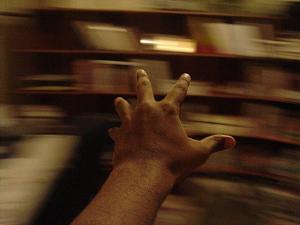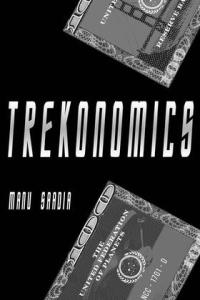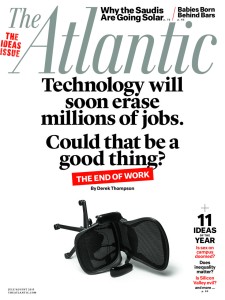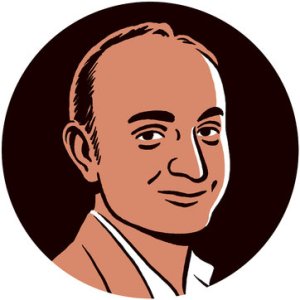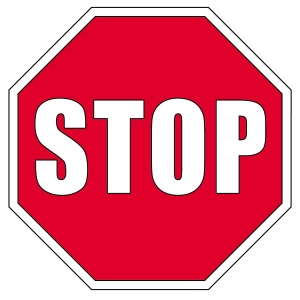 This is driving me crazy right now! How to establish priorities when several merit “first”? I am left feeling exhausted. Nothing accomplished. The hamster wheel of frustration. It occurred to me, maybe others have had the same experience? Here’s what I think I need to do:
This is driving me crazy right now! How to establish priorities when several merit “first”? I am left feeling exhausted. Nothing accomplished. The hamster wheel of frustration. It occurred to me, maybe others have had the same experience? Here’s what I think I need to do:
Make a list: Commonsense, right? I am the kind of person who needs to write things down to get a handle on them. The problem is that I’ve been writing lists up the wazoo for the last 18 months and it hasn’t seemed to help. Or maybe I’m just looking at it wrong? For example, I made a list of revenue-generating work tasks: Yager Editing Services (my online freelance editing business), Part-time job, hospital volunteer? for networking, and Indiegogo crowdsource funding project. What happened with this list? Well, I launched the website for the editing business and have been promoting it sporadically. I need to promote the heck out of it, of course, and see if I can tap into my contacts to get referrals from them. I have the part-time job. I decided against volunteer work of any kind, including writing for free (blogs are my only exceptions, and the Eyes on Life blog is in the Adsense program; wish more people would click those ads!). The Indiegogo project has languished, mostly because I don’t want to make a video for it but I know the video would enhance the fundraising effort. This project is to pay off publication production debt I incurred for Perceval’s Secret. Paying it off has been truly killing my budget. An addition to this list: search for a fulltime job. Maybe with a fulltime job, my financial strain would ease.
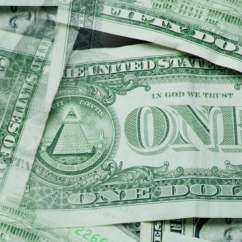
OK. I’ve been working on that list. I think what has been bothering me is that my writing (creative: fiction and nonfiction) has fallen to the bottom of my priorities list, as well as taking care of my health more. Generating revenue has been my first priority because I want to keep my apartment and eat. The rest of my list includes in order: Marketing my writing (Facebook, Twitter, LinkedIn, GoodReads, get book reviews, maybe blog tour? contests?), Selling my possessions (eBay, Facebook, Amazon), Writing new stuff (freelance essays for pay, short stories, work on memoir, revise Perceval’s Shadow, transform Over the Rainbow screenplay to novel). And I have been working on each item on these lists, getting book reviews for example, and starting to sell my possessions (what a time-consuming process to document everything for the IRS).
My mind lives in a jungle of ideas for writing. I want to spend all my time writing. Missing from any list I’ve made are activities related to supporting good health (walking, energy exercises, meditation, having a social life, taking care of my home so it doesn’t make me sick).
When I’m not writing, i.e. being creative, for several hours each day, I start to feel like I’m sick. My body feels the imagination’s frustration. My imagination just wants to play. I recently hit on a couple ideas for future writing projects that harken back to my childhood. That was a surprise. How do I channel all of this mental energy into productivity?
My thinking the last few days has revolved around re-arranging my priorities. I need to put my writing and health as the first two and revenue generation third. After all, how can I work effectively if I’m not happy or feeling well? I hate getting caught up in the rat race of making money. But I do need to work a job in order to pay my living expenses. It’s really the pits being a member of the Working Poor, and I know I’m not alone in thinking that.

Photo: Michael Nichols/National Geographic
I reassure myself that I am doing everything I can to move forward with my writing, to sell my writing, and to earn the money to pay my bills, given health challenges. I’ve even been creative at times in how I’ve approached a problem or in a situation’s resolution. But I must acknowledge that I’ve still been ignoring my imagination and her needs most of this year, and it’s time to make a change for her.
Anyone else dealing with this issue of establishing priorities? How do you deal with it? How do you reassure yourself that it will all work out for the best?

 A month ago, I wrote about
A month ago, I wrote about 